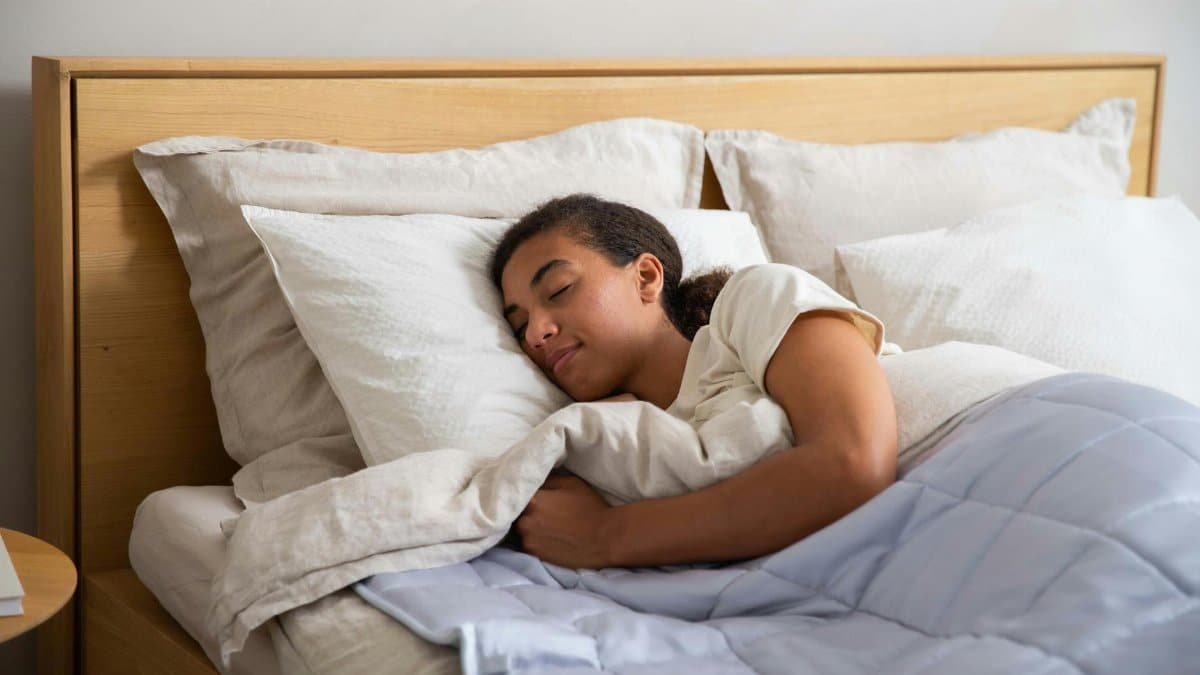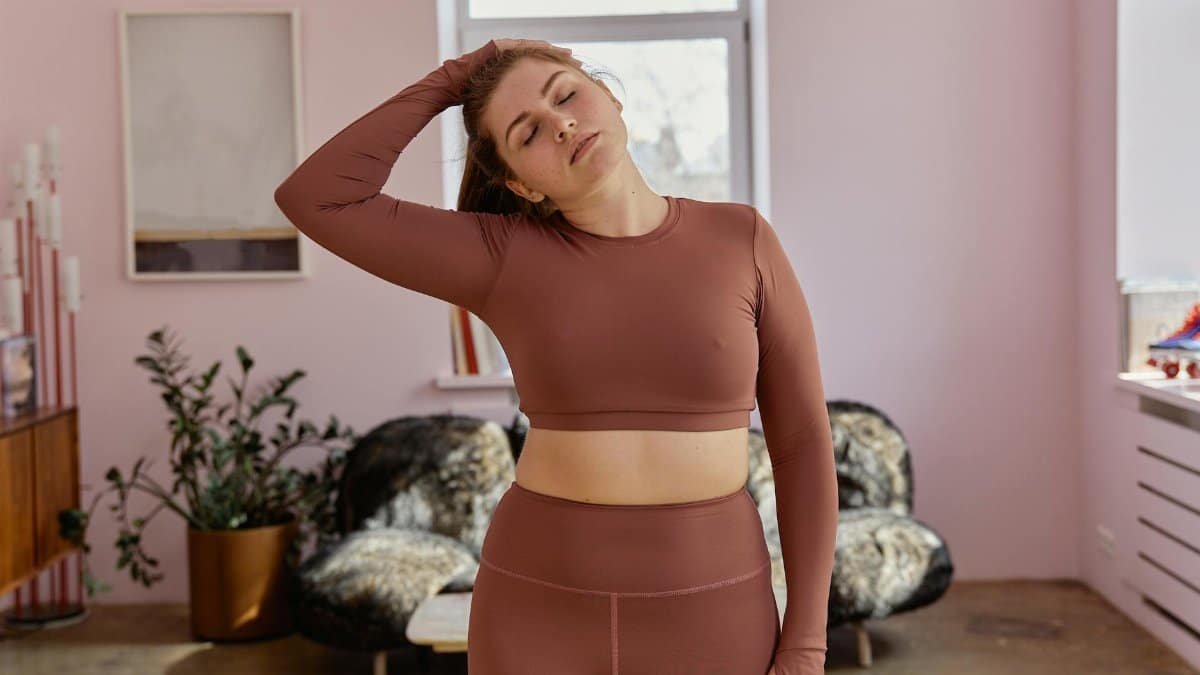New data shows that 40% of Americans struggling with insomnia are now exploring alternative therapies like hypnotherapy, according to a recent survey by the Sleep Foundation. This surge highlights a growing interest in mindfulness focus wellness practices that blend mental techniques with rest strategies. Hypnotherapy, often misunderstood as mere stage entertainment, is emerging as a legitimate tool for improving sleep quality. By guiding users into a relaxed state, it helps rewire thought patterns that disrupt rest. As more people seek natural solutions amid rising stress levels in 2025, this link could redefine wellness routines nationwide.
What Is Hypnotherapy?

Hypnotherapy involves a trained professional using verbal cues and relaxation methods to induce a trance-like state. In this mode, the mind becomes highly suggestible, allowing positive changes in behavior and perception. Unlike myths portraying it as mind control, it’s a collaborative process where the client remains aware. For sleep issues, therapists focus on reducing anxiety and promoting calm. This ties directly into mindfulness focus wellness by encouraging present-moment awareness during sessions. Experts note it’s safe for most adults, with sessions lasting 30 to 60 minutes. The American Psychological Association recognizes it as a valid therapeutic approach.
The Science Behind Hypnotherapy for Sleep

Research indicates hypnotherapy can alter brain waves associated with relaxation, similar to meditation. A study published in the Journal of Clinical Sleep Medicine found participants experienced deeper sleep after hypnotherapy interventions. It works by addressing subconscious barriers like racing thoughts or habitual worry. In 2025, with sleep disorders affecting over 70 million Americans per CDC data, such methods are gaining traction. By fostering a focused mindset, it enhances overall wellness. Scientists link this to reduced cortisol levels, the stress hormone that often sabotages rest.
For more details, check this NCBI study on hypnotherapy for insomnia.
Linking Mindfulness to Hypnotherapy

Mindfulness focus wellness emphasizes staying grounded in the now, which hypnotherapy amplifies through guided imagery. Practitioners often incorporate breathwork, a key tag in mindful practices, to build resilience against sleep disruptors. Imagine visualizing a peaceful scene while in hypnosis; this trains the brain for better focus during waking hours. Users report improved calm and balance, essential for daily life. In bustling U.S. cities, where stress is rampant, combining these elements offers a practical edge. It’s not just about sleep but holistic mental health.
Real-Life Benefits and Testimonials

Take John from New York, who battled chronic insomnia for years. After three hypnotherapy sessions infused with mindfulness techniques, he slept through the night consistently. “It was like flipping a switch on my overactive mind,” he shared. Similar stories abound in wellness communities. A Pew Research survey reveals 25% of adults practicing mindfulness report better sleep. This connection underscores hypnotherapy’s role in fostering resilience. For those in high-pressure jobs, it’s a game-changer, promoting sustained focus without pharmaceuticals.
See related insights from Pew Research on mindfulness trends.
Common Challenges in Adoption

Not everyone dives right into hypnotherapy. Skepticism stems from Hollywood portrayals, making some hesitant. Accessibility is another hurdle; certified therapists aren’t everywhere, and costs can range from $75 to $200 per session. Integrating mindfulness focus wellness requires commitment, as results vary. Some experience vivid dreams initially, which can feel unsettling. However, experts advise starting small with apps or group sessions. In 2025, telehealth options are expanding, making it easier for remote users to try. Overcoming these barriers leads to profound sleep improvements.
Practical Steps to Get Started

Begin by researching certified hypnotherapists through the American Society of Clinical Hypnosis. Combine with daily mindfulness exercises, like five-minute breathwork routines. Set a consistent bedtime ritual incorporating focused relaxation. Track progress in a journal to note sleep patterns. For wellness boosts, pair it with light exercise or herbal teas. Remember, consistency is key; aim for weekly sessions initially. This approach not only aids sleep but enhances overall focus and calm in everyday scenarios.
Potential Risks and Considerations

While generally safe, hypnotherapy isn’t for everyone. Those with severe mental health issues should consult doctors first. Rare side effects include temporary dizziness or emotional releases. It’s crucial to choose licensed professionals to avoid unqualified practitioners. In the context of mindfulness focus wellness, ensure practices align with personal comfort levels. U.S. health guidelines from the NIH emphasize informed consent. By weighing pros and cons, individuals can safely explore this link to better rest.
Refer to NIMH resources on sleep disorders for additional guidance.
Broader Impacts on Daily Wellness

Beyond sleep, hypnotherapy intertwined with mindfulness builds long-term resilience. Users often find improved concentration at work and reduced anxiety in social settings. In 2025, as remote work persists, these tools help maintain balance amid digital overloads. Wellness experts predict a rise in hybrid therapies blending hypnotherapy with breathwork. This evolution supports a calmer, more focused lifestyle, proving the power of mental techniques in modern health strategies.
Expert Opinions on the Trend

Dr. Elena Rossi, a sleep specialist at Johns Hopkins, states, “Hypnotherapy offers a non-invasive path to better sleep, especially when paired with mindfulness.” Her views echo growing academic support. In U.S. trends, apps like Calm are incorporating hypno-elements, making it accessible. This shift reflects a move away from pills toward sustainable wellness. As research accumulates, expect more endorsements from health bodies.
